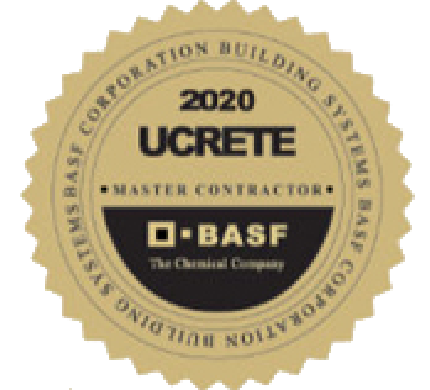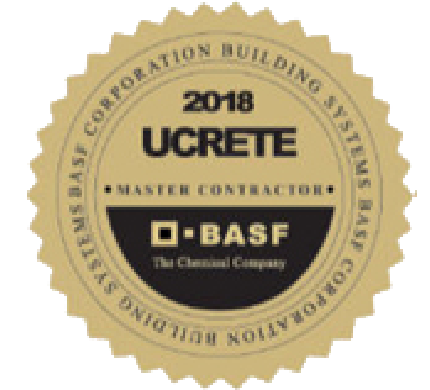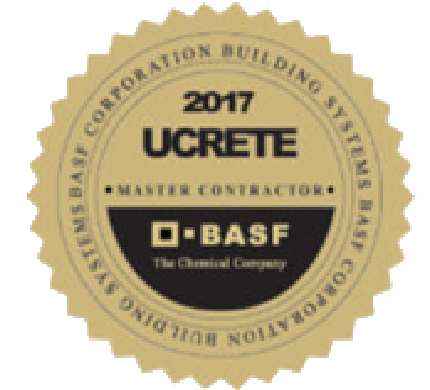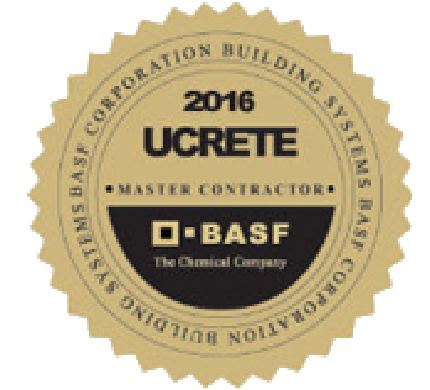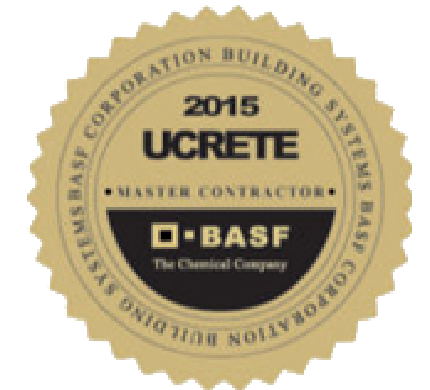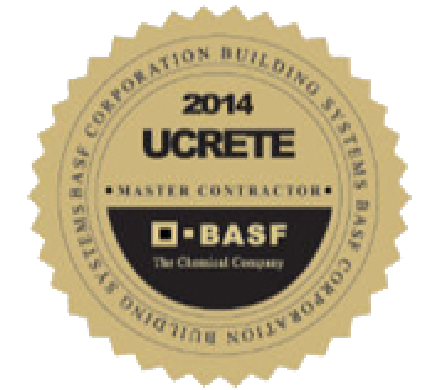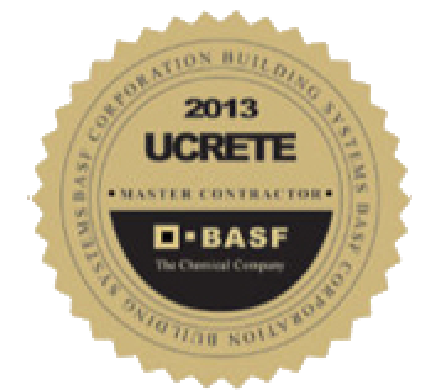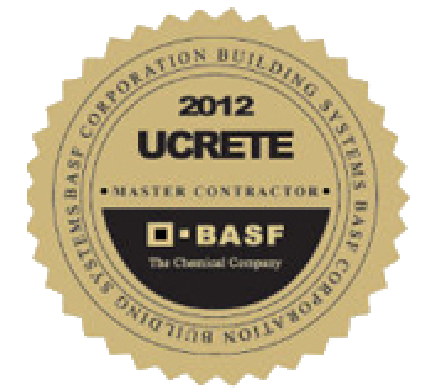Choosing a Most Excellent Protective Coating for Concrete Floors
Impact. Abrasion. Chemical attack. Thermal shock. Industrial floors take lots and lots and lots of abuse. How does a facility manager protect concrete slabs? Coating or surfacing, that’s how.

Floors made from porous concrete are ill equipped to hold up to long term wear and abuse all on their own. At the very least, they need protection from deterioration or contamination. Seamless, non-porous coatings that bond directly to the surface not only protect against these two service conditions, they can add desirable benefits to an industrial floor, such as:
- Exceptional lasting wear
- Durable physical performance
- Non-skid and anti-static properties
- Chemical resistance
- Ease of maintenance
- Anti-microbial and odor protection
- Decorative aesthetics
Whether it’s made from new or old concrete, complete floor protection is one of the determining factors for any owner or facilities manager to consider when selecting a floor coating system. An expert flooring specialist can guide you as well as execute condition testing, product specification, surface preparation and skilled application. Here’s a look at a few common challenges.
Evaluating Surface Conditions
Concrete floors must be clean, structurally sound and show no signs of contamination in order to ensure a strong bond of a new coating system. Your flooring specialist will check or test for cracks, spalls and unevenness; proper sloping to a drain, if required; moisture, vapor emission, PH and relative humidity; and service conditions among other considerations and recommend a suitable floor coating solution.
Four major service conditions will likely dictate the ideal flooring system:
Impact. Heavy loads or equipment with continuous direct impact with the floor require a thicker application of an appropriate flooring system.
Abrasion. The amount of foot, steel-wheeled or rubber-wheeled traffic as well as wear and tear incurred will determine which type of flooring products can assist with strength and durability.
Chemical attack. The types of chemicals and the severity of exposure are critical considerations for choosing flooring products that aid with chemical resistance.
Thermal Shock. Extreme temperature fluctuations, steam cleaning or other hygiene procedures that shock the floor cause a loss of bond from thermal expansion and can be avoided with a proper flooring system.
Your flooring specialist will rank these main service conditions in order of importance, which will help determine type of protection and applied thickness. Other factors to consider when specifying a concrete coating system:
Surface preparation. Patching, repairing, removing, re-sloping and/or leveling the concrete slab for installation is critical to long-term performance of the total system. Curing compounds or existing coatings must be removed, a proper profile or roughness achieved and any surface laitance removed. Any material used to level, patch or slope must be compatible with the total coating system. An expert flooring specialist will likely be more than able to make needed repairs and prepare the surface as well as the final system application.
Aesthetics. Today, the performance characteristics of an industrial floor can be achieved just as successfully using an aesthetically pleasing coating system that features decorative appearances and surface textures.
Installation. Evaluating an installation time schedule, the surface temperature and other conditions for the installation, downtime and any potential hazards such as odor control and product cure times is the next step for you and your flooring specialist to nail down.
Life expectancy and maintenance. Discuss the realistic life expectancy of the flooring solution with and without a regular maintenance schedule, any guarantees and warranties.
Budget. Economy is likely a top requirement. Low-cost systems may be approved rather than more durable systems based on what the customer can afford today.
Reviewing Technical Data
Getting familiar with the technical information of material will inform you and your flooring specialist with specific performance characteristics and installation procedures for each material used in the new flooring project. It will help to specify type of material, application and thickness. Professional assistance from product manufacturers may be important for a complete understanding the data.
Coatings for concrete can be classified by:
- Thickness – Thin film 1-10 mils; High build 10-30 mils; Slurries 40-125 mils; Toppings and Overlays 125 mils-1/2 inch +
- Polymer type – epoxy, polyurethane, polyester, vinyl ester, acrylic, methyl, methacrylic, urethanes and others.
- epoxies are typically 100% non-volatile and are used for bonding adhesives, crack repair, concrete coatings, toppings, and overlays. have excellent adhesion, good to excellent chemical and abrasion resistance and excellent mechanical properties
- urethanes are solvent-containing coatings used for thin film to high build and waterproofing applications, have excellent abrasion and wear resistance, excellent gloss retention, good stain and chemical resistance and excellent elastomeric properties
- epoxy/urethane hybrids have good to excellent thermal and stress relieving properties and impact resistance.
- Appearance – functional and decorative applications
- Finish – smooth or textured
Installation and Approval
Choosing a qualified contractor to install the coating solution is just as important as the material used. Select contractors specialize in specific kinds of installations, such as high performance flooring for the food and beverage industry, manufacturing facilities and the like. A contractor trained to install a particular system such as UCRETE or Flow Resin is a great and even critical advantage. Any installation needs to be conducted at attain best product performance and customer satisfaction. Setting a long-term maintenance and repair schedule with your flooring specialist will also go a long way for continued performance and satisfaction.
The key for you is to choose the most effective flooring system and application that will result in the best performance and lowest life cycle cost. Rely on your expert flooring specialist for their knowledge and guidance in its proper selection, application and long-term performance. The result will be a trouble-free floor at an affordable cost.
Browse our Work Showcase for a look at a variety of successful industrial flooring system installations completed by Surface Solutions.
About Surface Solutions
Recognized as a top UCRETE® Master Contractor since 2012, Surface Solutions is an independent industrial floor contractor specializing in seamless, polymer flooring systems utilizing the most trusted brands in the industry. From testing to consultation and complete installation services, Surface Solutions is your premiere source of non-toxic, safe and environmentally friendly flooring systems, offering turnkey installations using only in-house personnel. All installations come with a complete single source warranty.
NEED A FLOORING CONSULTANT?
Call us now at 317-388-8000 or click the button to plan your project today

COMPANY AWARDS
